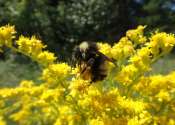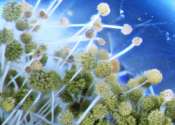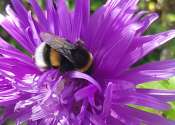Community science volunteers can set scientific world abuzz with new bumble bee sightings
Community science volunteers—laypeople with an interest in bees and conservation—significantly contribute to the scientific knowledge of native bumble bees across Canada and the United States, finds a new study by York ...









